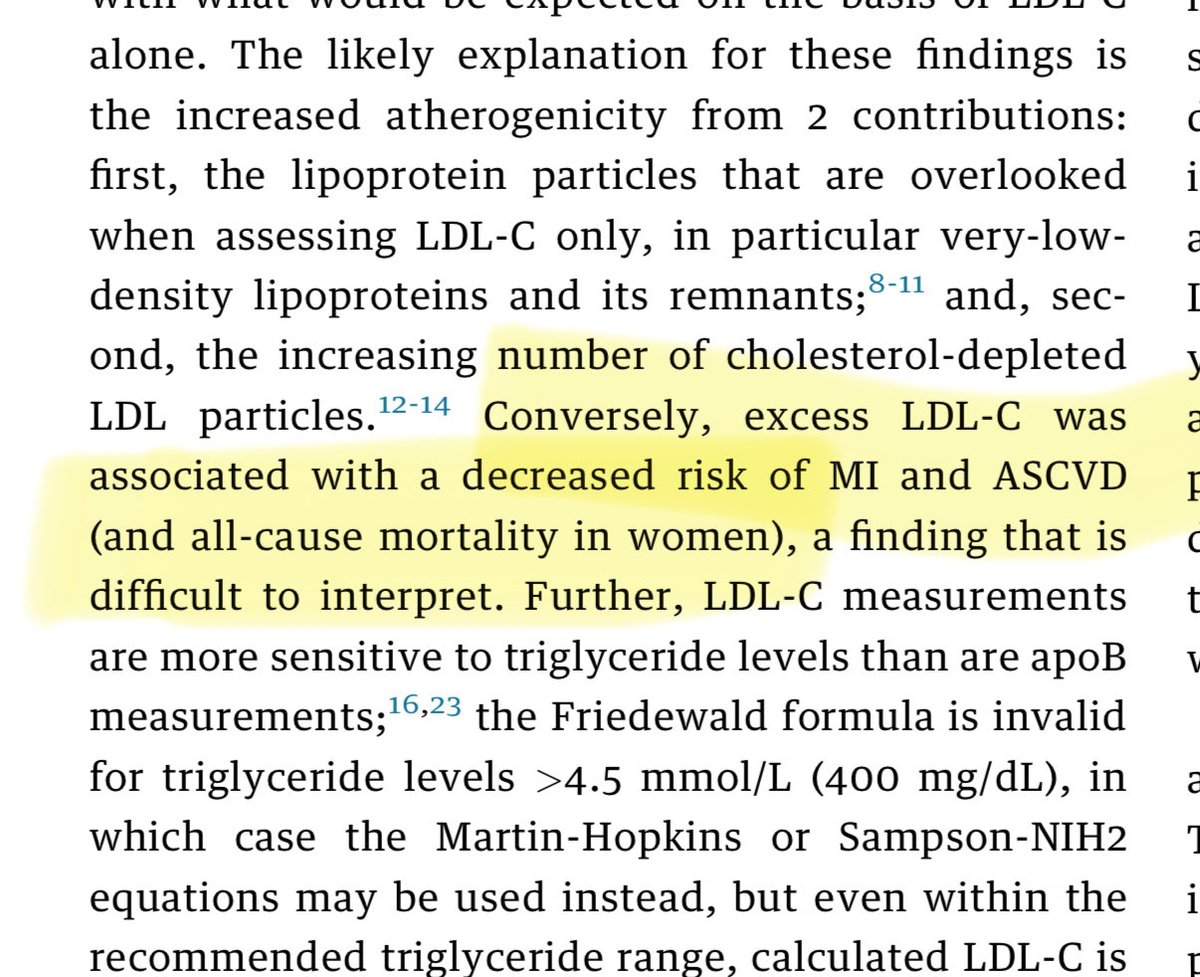THREAD
These naive little med students & personal trainer PhDs don’t have to call families of patients who die from diabetic complications like sepsis, MI
They have never seen an amputation
If they had they‘d likely change their tune about their oreo &poptart inclusionism
1/5
These naive little med students & personal trainer PhDs don’t have to call families of patients who die from diabetic complications like sepsis, MI
They have never seen an amputation
If they had they‘d likely change their tune about their oreo &poptart inclusionism
1/5
These people often med students, dietitians and trainers...
who come on twitter, bombastically call for higher forms of evidence, calling people charlatans
& yet, they never truly observed the system fail. They dont even understand the problem. No experience.
2/5
who come on twitter, bombastically call for higher forms of evidence, calling people charlatans
& yet, they never truly observed the system fail. They dont even understand the problem. No experience.
2/5
If you want regurgitated vegan agenda, detox plans, supplements, or a fairy tale approach to macros or some nonsense/koombaya feeling of food inclusionism... you’ve come to the right place... twitter (im looking at you #rdchat ), not that the LC echo chamber is much better
3/5
3/5
It’s a wonderful place actually and yet a terrible place.
Its where brilliant minds can be reached within seconds. But also a place of complete ignorance.
4/5
Its where brilliant minds can be reached within seconds. But also a place of complete ignorance.
4/5
I love twitter, it has taught me more than many CME lectures! But at the same time, particularly as followers increase, it can be a very dark place.
RANT OVER
5/5
RANT OVER
5/5
• • •
Missing some Tweet in this thread? You can try to
force a refresh





